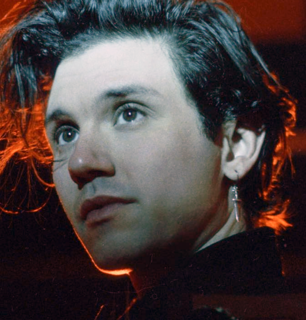A Quote by John Scalzi
Ultimately the first, best step in getting your work noticed is to write good work. If people don't engage in your writing, no amount of serialization or free downloads is going to matter. You have to write something worth reading, and often it takes time to get at that level.
Related Quotes
You'd better discover a more important motive than publication for your work or else you'll go crazy. My sense is that you'll be writers only if you are convinced that to write is something for which there is no substitute in your life. You must therefore be ambitious for your work rather than for its promotion. The good news here is that if you assign secondary importance to publishing and primary to writing itself, you will write better, and will thus increase your odds of getting publishing.
You learn so much with each book, but it's what you teach yourself by writing your own books and by reading good books written by other people - that's the key. You don't want to worry too much about other people's responses to your work, not during the writing and not after. You just need to read and write, and keep going.
The best advice on writing was given to me by my first editor, Michael Korda, of Simon and Schuster, while writing my first book. 'Finish your first draft and then we'll talk,' he said. It took me a long time to realize how good the advice was. Even if you write it wrong, write and finish your first draft. Only then, when you have a flawed whole, do you know what you have to fix.
My advice for aspiring writers is threefold.First, read as much as possible, both within and outside the genre you arem working in. By reading you hone your internal ear for style. Second, write. Everything comes down to it; unless you write, you are not a writer. Third, submit your work. But - stop chasing every seductive new market out there, and stop trying to write for the tastes of specific established professional markets and editors. That way lies mediocrity and eventual
dissolution of your true voice, no matter how embryonic or pronounced it may be now.
What nobody tells people who are beginners… is that all of us who do
creative work, we get into it because we have good taste. But there is this gap.
For the first couple years you make stuff, and it’s just not that good. It’s
trying to be good, it has potential, but it’s not… your taste is why your work
disappoints you… We know our work doesn’t have this special thing that we want
it to have. We all go through this… It is only by going through a volume of work
that you will close that gap, and your work will be as good as your
ambitions.


































